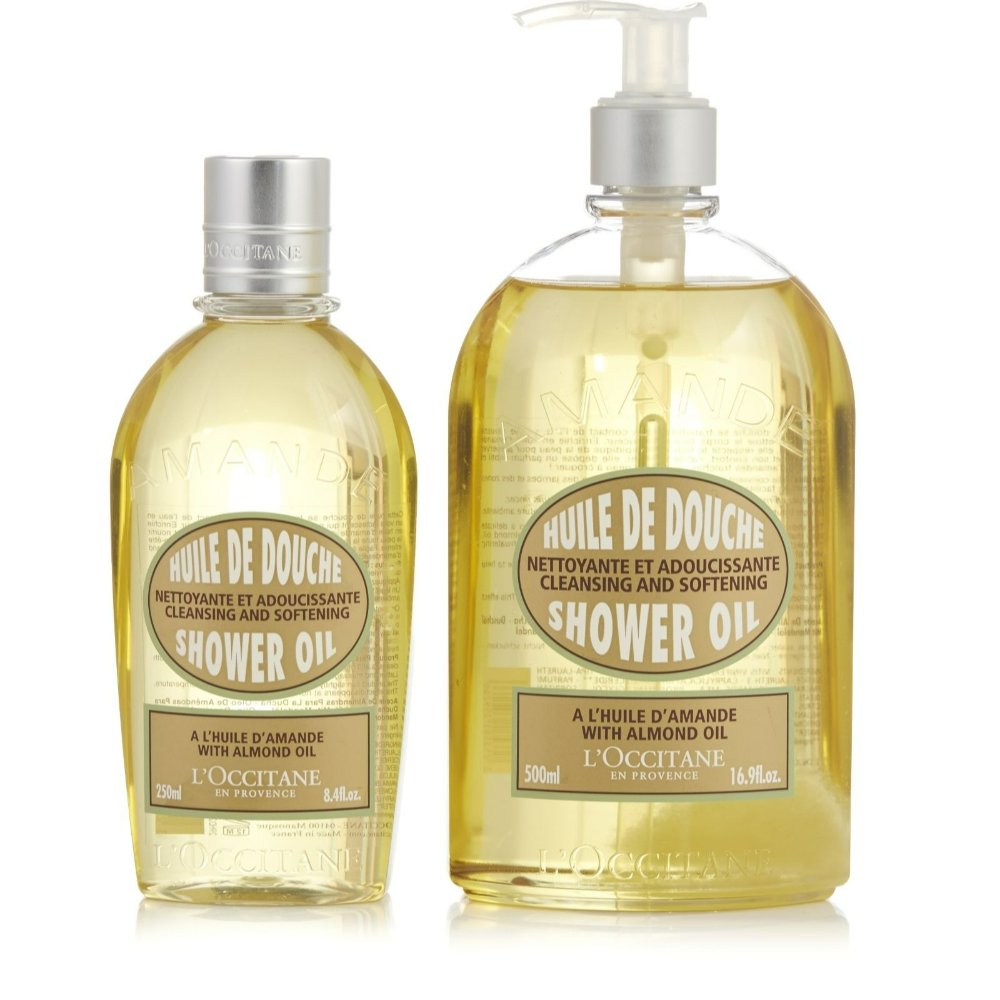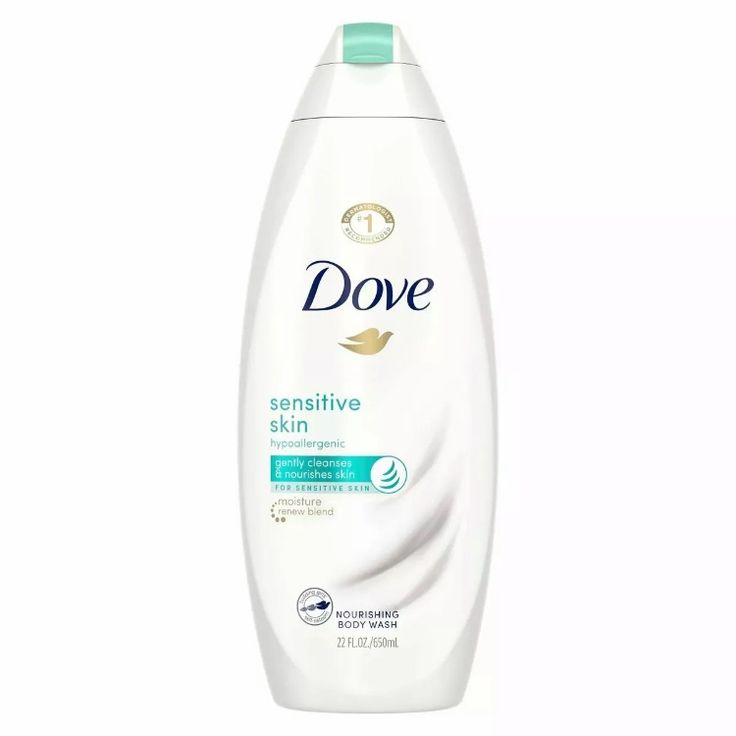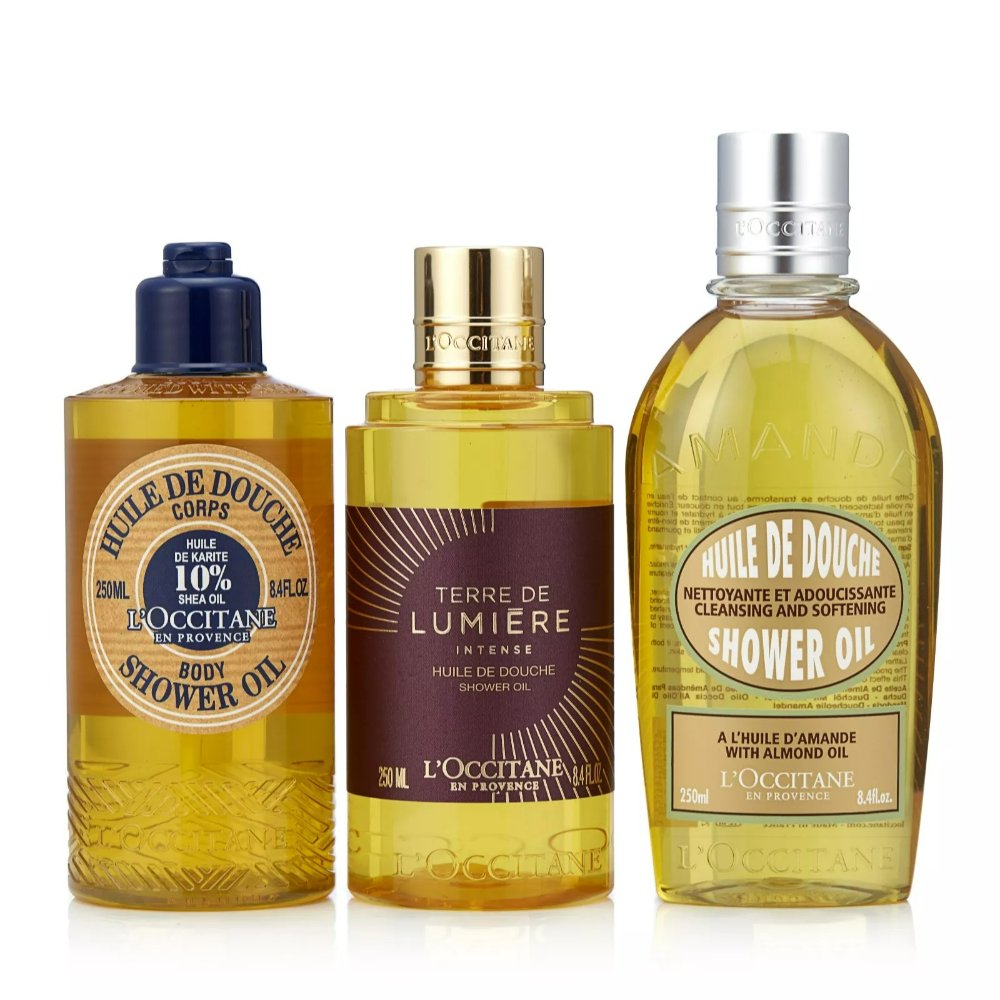Introduction to Shower Oil and Body Wash
When deciding between shower oil and body wash, it’s essential to understand each. Shower oils are oil-based and provide intense hydration. They are great for dry or sensitive skin, soothing it while cleansing. Body washes, usually water-based with surfactants, offer a deeper cleanup. They work well for various skin types, including oily and acne-prone. Both types come designed to suit different personal hygiene needs and preferences, making your choice more specific to your skin’s requirements.
The Formulation and Texture Differences
When examining shower oil vs body wash, formulation and texture stand out significantly.
Shower oil often comprises natural oils like jojoba, almond. These oils deeply moisturize, forming a barrier to prevent moisture loss. The texture of shower oil is, expectedly, oily. When water is added, it turns into a silky emulsion that doesn’t produce a lot of foam but cleanses gently. This non-greasy lather retains skin’s moisture.
In contrast, body wash is more like liquid soap. Its base usually involves water mixed with cleansing agents called surfactants. These surfactants allow body wash to lather up nicely, creating a foamy texture. This foam works to remove dirt, oil, and sweat effectively. While body washes can contain moisturizers like glycerin or shea butter, they may not provide as much hydration as shower oils.
Choosing between the rich, emollient nature of shower oil and the refreshing, sudsy sensation of body wash hinges on individual skin needs and bathing preferences.

Moisturizing Benefits Compared
When choosing your shower product, the moisturizing effects are a top consideration. Shower oil is known for its superior moisturizing benefits. It’s packed with natural oils that replenish skin’s moisture. Essential for those with dry or sensitive skin, oils like jojoba, almond, or argan create a lasting hydrating layer.
Body wash can also moisturize but typically to a lesser extent. Its primary task is to cleanse. Surfactants in body washes can strip some natural skin oils. However, some body washes do include ingredients like glycerin or shea butter. These additives help maintain skin hydration levels.
If your skin feels tight after showering, a shower oil might be the better choice. It will not only clean but also leave your skin feeling soft and nourished. For those who have oily or normal skin, a hydrating body wash can provide enough moisture without a residue.
In summary, shower oil delivers intensive moisture and leaves a protective barrier. Body wash, while cleansing effectively, may require additional skin lotions for hydration. Consider your skin type and hydration needs when making your choice.
Suitability for Skin Types: Dry, Sensitive, and Oily Skin
When selecting between shower oil and body wash, skin type plays a crucial role. Here’s a breakdown of which product might suit you better:
Dry Skin
For those with dry skin, shower oil is often the recommended choice. Its moisture-locking capabilities are due to ingredients like jojoba, almond, or argan oils, which create a barrier to prevent moisture loss. Regular use can make skin feel more nourished and hydrated.
Sensitive Skin
Shower oil is also a boon for sensitive skin types. With their minimal surfactant content, shower oils cleanse without stripping away natural oils. This can limit irritation and sustain the skin’s natural balance, making it a gentle, skin-friendly option.
Oily Skin
For oily skin, the choice can lean towards body washes. Designed with surfactants, body washes excel in cutting through grease and removing excess oils. However, it’s crucial to choose a body wash that maintains a balance, avoiding those that strip the skin excessively, as this can inadvertently increase oil production.

How to Use Shower Oil and Body Wash Effectively
Using shower oil and body wash correctly enhances their benefits. Here are simple tips for each product.
Shower Oil Application Tips
- Start with Wet Skin: Before applying, moisten your skin with water.
- Apply a Small Amount: Use several drops, as a little goes a long way.
- Gently Massage: Rub the oil in circular motions over your body.
- Rinse Thoroughly: Make sure no oily residue remains after rinsing.
- Pat Dry: After exiting the shower, gently pat your skin dry.
Shower oil doesn’t just cleanse; it also provides hydration smoothly without greasiness.
Body Wash Application Tips
- Use Warm Water: Begin by wetting your skin in warm water.
- Dispense Moderately: A small amount on a loofah or sponge is enough.
- Lather Well: Massage across your body, creating a creamy foam.
- Focus on Dirty Areas: Pay extra attention to oily or dirty areas.
- Rinse Off Completely: Ensure all soap is washed off.
- Dry Gently: Pat your skin dry without rubbing to retain moisture.
Body wash leaves you feeling clean and refreshed, ideal for everyday use.
The Role of Climate and Seasons in Your Choice
When choosing between shower oil and body wash, consider the climate and season. Your skin’s needs change with weather conditions.
Warmer Weather
In hot, humid climates, you may sweat more. A body wash can cleanse sweat and oil effectively. It can leave your skin feeling fresh and prevent breakout risks.
Cooler Weather
During colder months, the air is often dry. This can dehydrate your skin. Shower oils can add much-needed moisture. They help protect the skin from the harsh environmental impact.
Transitioning Seasons
As seasons change, your skin may need time to adjust. Shower oils can ease this transition, providing steady hydration. As weather becomes warmer, you might switch to a body wash. This ensures cleanliness without over-drying from increased temperatures.
Choose shower oil or body wash based on comfort and skin response to seasonal changes. Always listen to your skin’s needs as the environment around you shifts.

Shower Oil and Body Wash for Specific Skin Conditions
Choosing the right shower product is vital for managing specific skin conditions.
Eczema and Psoriasis
Shower oil is excellent for eczema or psoriasis. It hydrates while reducing skin irritation.
Acne-Prone Skin
For acne-prone skin, a non-comedogenic body wash is advised. It helps prevent acne without over-drying skin.
Sensitive Skin
Shower oil, being gentle, is preferred for sensitive skin. It prevents irritation by maintaining natural oils.
Dry Skin
Dry skin benefits greatly from shower oil. It locks in moisture and protects the skin barrier.
These options allow individuals to cater to their skin needs effectively while maintaining healthy skin care practices.
Conclusion: Making the Right Choice for Your Skin
Deciding between shower oil and body wash is personal. Your skin type is key.
Dry and Sensitive Skin
Go for shower oil if you have dry or sensitive skin. It hydrates and soothes well.
Oily Skin
If your skin is oily, choose a body wash. It cleans deeply without over-drying.
Normal Skin
With normal skin, try both. See what feels best for you. Change with the seasons.
The Bottom Line
No one-size-fits-all answer exists. Consider skin type, comfort, and season. Both shower oil and body wash have benefits. Try each and decide from experience.
Remember, hydrating shower oils work best in dry weather. Refreshing body wash suits hotter, sweaty days. Mind the ingredients too. Pick those that nourish your skin.
In the end, the ideal choice between the shower oil vs body wash comes down to what feels right for you. Listen to your skin and it will guide you. Happy bathing!